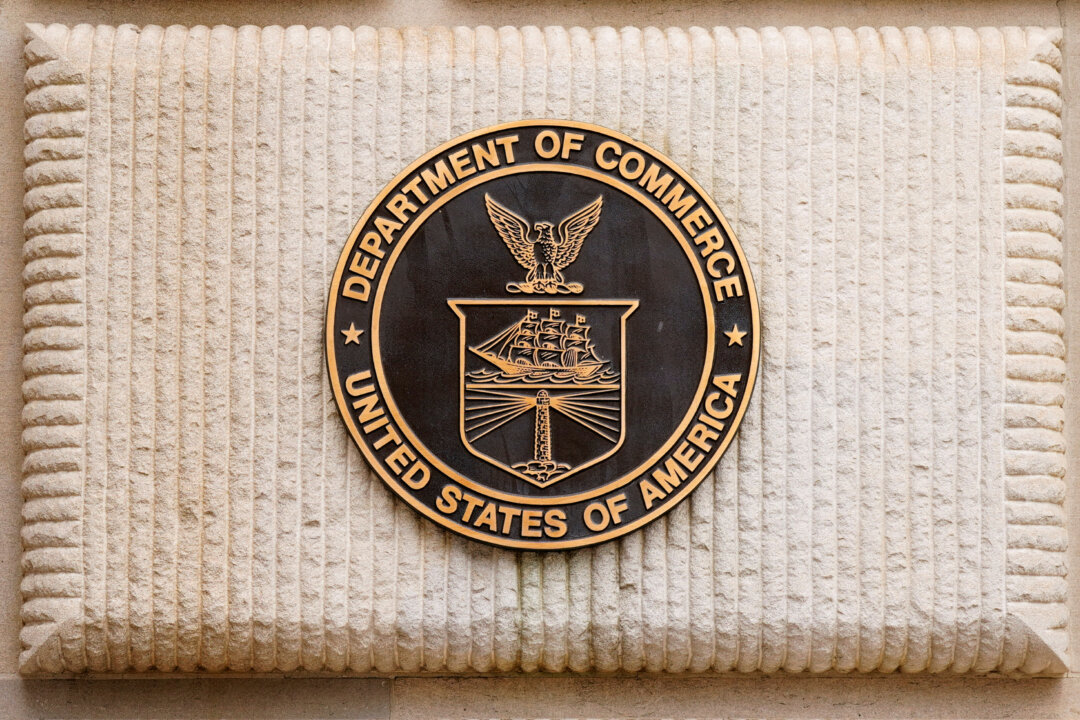

Bryan Johnson, the millionaire biohacker with a face stretched tighter than a vegan’s colon on day six of a juice cleanse, recently announced that he was launching a new religion. Not a metaphor, a movement. One built on data, pills, and the promise of eternal life without the inconvenience of God.
Johnson believes death is optional. He tracks every bodily function, transfuses his son’s blood into his own veins, and spends millions annually preserving the only thing he believes matters — himself. His gospel is a glib command: Don’t die. His scriptures are biomarkers. His prayer is performance metrics.
In this new theology, sin is a software bug, suffering is a processing error, and the soul is data waiting to be backed up in the cloud.
This is a cult of optimization that views death as a design flaw to be debugged. His apostles wear glucose monitors, not crosses. His commandments include measuring erections and being in bed by 8 p.m. It’s less about religion and more of a quantified self project wrapped in messianic branding.
The disturbing part isn’t that this exists. The disturbing part is that Christianity, in certain corners, is starting to echo it.
The church of optimization
Christian Transhumanism now has an association, published manifestos, academic papers, conferences, and a theology that bends scripture to fit a worldview once exclusive to secular Silicon Valley.
The movement is not fringe. It has preachers, pastors, and panels at religious universities where the soul is discussed like software architecture.
The idea is straightforward. Eternal life isn’t something granted by grace but something earned through code, cryonics, and cognitive enhancement. The second coming has been replaced by second-generation processors. Salvation will be engineered, not bestowed. And Christ’s miracles are reinterpreted as early prototypes for modern medicine.
A blind man sees? That’s early-stage gene therapy. Water into wine? Biochemical transmutation. The loaves and fishes? Caloric distribution logistics.
Everything sacred is being recoded into something sterile.
This isn’t an eccentric footnote. It’s a growing current within American religious life, where the ancient promises of the gospel are slowly being translated into tech jargon. Genesis rewritten by Google Docs. Resurrection rendered in machine learning. The holy becomes hackable. Redemption becomes regenerative medicine.
Salvation as a service
The absurdity lies in its self-seriousness. These people are not kidding. They see no contradiction in treating the body as a sacred temple while also modifying it like a smartphone. For them, Christ didn’t conquer death; he foreshadowed its technical workaround.
In this new theology, sin is a software bug, suffering is a processing error, and the soul is data waiting to be backed up in the cloud. What began as man made in God’s image has become God made in man’s ambition.
RELATED: 'AI Jesus' enters the confessional: Blasphemy or bold experiment?
 NLshop/iStock/Getty Images Plus
NLshop/iStock/Getty Images Plus
Traditional Christians, including myself, see death as a profound reality, the consequence of the fall, and the gateway to something much greater. Christian Transhumanists, on the other hand, view it as an engineering challenge. The crucifixion becomes a parable of human frailty, not a divine sacrifice. The resurrection becomes a prototype. Immortality, once a gift, is now a goal — one to be reached by lab-grown organs and wearable tech.
The cross is no longer where death was defeated. It's where death was inconvenienced, pending a firmware update.
Thou shalt not die — terms and conditions apply
In place of humility, there is only hubris. The body is no longer a vessel but a project — a meat computer to be upgraded. And in this belief system, suffering is not redemptive but wasteful. Aging is not natural but irresponsible. Mortality is not part of life. It is the enemy of progress.
Bryan Johnson’s "Don’t Die" movement dispenses with theology altogether. His religion needs no god, no scripture, and no tradition. It runs on metrics. His followers swallow supplements with more discipline than communion. They measure sleep like monks once counted beads. They offer no prayers, only performance reviews. Forgiveness is replaced by fasting protocols. Devotion is tracked through biometric dashboards. The ritual isn’t Mass; it’s morning blood work.
Christian Transhumanism takes this same architecture and drapes it in religious language. It rebrands optimization as obedience. Gene editing becomes stewardship. AI becomes a divine assistant. There is no heresy, only enhancement. No judgment, only upgrade.
Every act of faith is repurposed as a kind of bioethical R&D.
Not faith evolved — faith erased
This is not evolution. It is, without question, erasure. The line between man and machine is being obliterated. In this system, the Incarnation was just early-stage embodiment. The second coming will be delivered through an update.
The problem is not just theological confusion. It’s civilizational delusion.
When churches start chasing the singularity, they stop being churches. When pastors quote longevity science instead of scripture, the pulpit becomes just another podcast studio. What follows is not spiritual growth but surrender. The flock becomes a customer base.
For 2,000 years, Christianity has offered a deeply human account of suffering, mortality, and redemption. It looks death in the eye. It doesn't fear the body’s decay. It doesn't promise escape through machinery. It promises something far more radical, a transformation not engineered by man but offered by God.
That tradition is being dismantled with white coats, press releases, and smiling men in biotech labs who talk about eternal life like it’s just another quarterly target.
Christian Transhumanists believe they are forging the next reformation. In truth, they are paving the way for a type of digital heresy. They speak of partnering with God. But the real goal is to replace Him — line by line, upgrade by upgrade, until there is nothing left but man, staring at his own reflection, convinced he has found eternity.
.png)
 10 hours ago
10
10 hours ago
10














 English (US)
English (US)